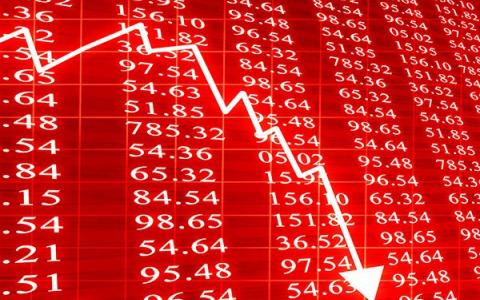
(Reverse Mortgage Daily) A surprising number of investors aged 65 and older have reacted to the market volatility generated by the COVID-19 coronavirus pandemic by selling off all of their stocks, divesting themselves entirely from their exposure to the market. This is according to data from Fidelity Investments.
“Incredibly, we saw nearly a third of all investors over 65 years old sell their full equity holdings,” says LPL Financial senior market strategist Ryan Detrick. “With stocks now back near highs, this is yet another reason to have a plan in place before trouble comes, as making decisions when under duress can lead to the exact wrong decision.”
Nearly 18% of all investors sold their entire portfolio of equity holdings between February and May, a figure that increases notably for those investors who are either in or near retirement.
“Some might have bought back in, but odds are that many are feeling quite upset with the record bounce back in stocks here,” Detrick writes.
Investors are also moving at a record pace towards cash, according to the data. Money market funds now have nearly $5 trillion, nearly twice the levels observed at this same point in time in 2015.
“Also, the past three months saw the largest three-month change ever, as investors ran to the safety of cash,” Detrick says. “If you were looking for a reason stocks could continue to go higher over the longer term, there really is a lot of cash on the sidelines right now.”
When looking at the behavior, Detrick speculates that this kind of activity is actually in-line with the start of “a new bull run” in the stock market, as opposed to either a bounce inside of a “bear market” or the ending of a bull market.
“Adding to this, the spread between the number of stocks above their 50-day moving average and 200-day moving average was near the highest level ever,” Detrick writes. “Think about it; with the 45% bounce in the S&P 500, many stocks were above their 50-day moving average, but not nearly as many were above their 200-day moving average. So from a longer-term perspective, there could still be gains to be had.”



